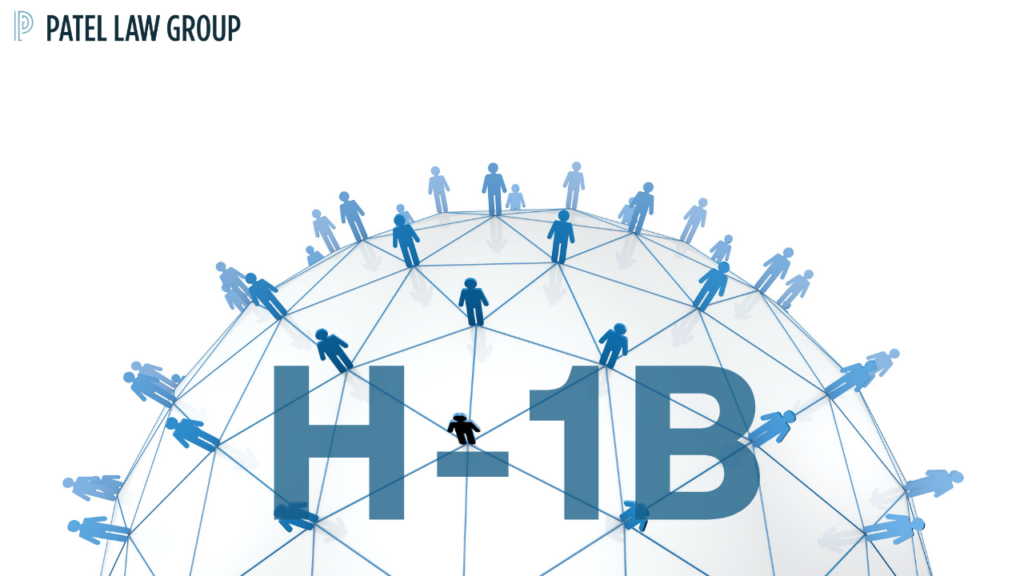With the election only 6 weeks away it is crucial to analyze the potential ramifications of a re-election of former President Donald Trump on U.S. immigration policies, specifically as they relate to the H-1B program. Based on historical actions and policy trends during his previous administration, several key areas are likely to be affected.
1. Increased Scrutiny and Denials

- Enhanced Adjudication Standards and higher denial rates: The Trump administration previously implemented policies that increased the scrutiny of H-1B petitions, leading to higher denial rates. This trend could continue, making it more difficult for employers to secure H-1B visas for their employees.
- Increase in the number of Requests for Further Evidence (RFE: Under the Trump administration the number of RFEs skyrocketed, leading to an overall increase in cost and uncertainty for employers and their employees. This would surely be the case in the event of a re-election.
- Increase in the number of 221g requests: Employees applying for a visa at the Consulate previously faced longer waiting times based on unnecessary administrative processing. An increase in 221g requests is to be expected.
- Elimination of Deference: The policy of deference to prior approvals for H-1B extensions was rescinded during Trump’s
tenure, meaning each petition was reviewed as if it were a new application. This could be reinstated, leading to more rigorous reviews and potential denials.
Under the prior Trump administration, we had clients who had been in the US for 10 years suddenly denied for an H-1B extension on a basis that their position did not qualify as a specialty occupation. A successful lawsuit demonstrates that there was no basis for this denial. - Increase in number of lawsuits
The surge in denials of H-1Bs petitions under the Trump administration necessitated the filing of lawsuits to challenge these decisions. Most denials stemmed from Trump’s unlawful policies, shifting adjudication standards, and a general lack of transparency in decision-making. With an increase in denials employers/employees will be forced to file suits to obtain approvals.
2. Priority for Higher-Paid Workers
- Policies could be implemented to prioritize H-1B visas for higher-paid workers or those with advanced degrees, aligning with the “Buy American, Hire American” executive order’s goals. This would make it much more difficult for small to medium sized employers (especially IT Staffing firms) to file H-1Bs. As a result, larger corporations would suffer due to a lack of available resources.
3. Restrictions on Third-Party Placements
- Employer-Employee Relationship: The Trump administration issued guidance that imposed stricter requirements on the employer-employee relationship, particularly for third-party placements. These restrictions could be reinstated, limiting the ability of H-1B workers to be placed at client sites. At the end of his tenure, Trump attempted to introduce a rule that would classify end clients as secondary employers requiring them also to file an H-1B petition. Fortunately, this rule never came into effect as Biden took office.
- Increased Documentation Requirements: Employers may face increased documentation requirements to prove the legitimacy of third-party placements and the specialty occupation nature of the job.
4. Changes to Dependent Visas
- H-4 EAD Rescission: The Trump administration attempted to rescind the H-4 Employment Authorization Document (EAD) for spouses of H-1B visa holders. This effort could be renewed, impacting the ability of H-4 visa holders to work in the U.S.
5. Program Integrity Measures
- Fraud Detection and Prevention: There could be an increase in fraud detection and prevention measures, including more site visits and audits to ensure compliance with H-1B program requirements. This in turn could lead to more revocations of H-1B, especially if site visits become mandatory.
- Public Charge Rule: The reimplementation of the public charge rule could affect H-1B visa holders applying for green cards, as it would consider the use of public benefits in determining admissibility.
6. Processing Delays and Backlogs.
- Increased Processing Times: The Trump administration’s policies led to increased processing times and backlogs for
H-1B petitions. These delays could continue or worsen, affecting the timely approval of H-1B visas. - Premium Processing Suspensions: Premium processing for H-1B petitions could be suspended or limited, further delaying the adjudication process.
7 . More Difficult Transitions for F-1 Students
- Attack on Day 1 CPT students: The Trump administration’s scrutiny and restrictive policies on Day 1 CPT programs made transitions more challenging for F-1 students. Day 1 CPT students faced significant opposition under Trump, who viewed it as a loophole for circumventing H-1B visa limitations. This led to increased denials and heightened scrutiny for those applying to change their status from F-1 (Day 1 CPT) to H-1B. Trump may attempt to change the rules on unlawful presence, although his previous attempts were blocked by a Federal Judge.
Conclusion
A re-election of former President Donald Trump could lead to significant changes and challenges for the H-1B visa program. Employers and H-1B visa holders should stay informed about potential policy shifts and seek legal advice to navigate the evolving landscape. It is crucial to be prepared for increased scrutiny, potential restrictions, and changes to the selection process to ensure compliance and successful petition approvals.
If you have any questions regarding the above, please contact PLG Partner, Chris Prescott at cprecsott@patellegal.com.